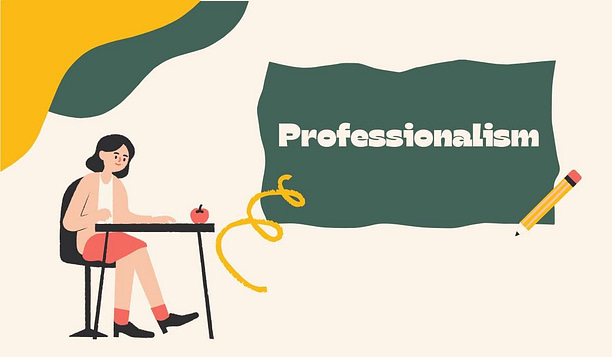
Are you ready to take your freelancing career to the next level? Soft skills might not be the first thing that comes to mind when you think about what it takes to be successful in your line of work. But they are just as important as your technical skills. In fact, according to LinkedIn’s 2021 Workplace Learning Report, communication, collaboration, and problem-solving are among the top 10 soft skills for freelancers to succeed.
As a freelancer, you are your own boss and wear many hats. From finding and pitching clients to managing your time and workload, you have to be a jack of all trades to succeed. That’s why it’s essential to cultivate a range of soft skills that will help you navigate the ups and downs of freelancing and stand out in a crowded market.
Why do I emphasize learning soft skills for freelancers?

One time, when I was just starting as a freelancer, I was working on a project for a new client. Everything was going smoothly until I encountered a problem I had never encountered before. I had no idea how to solve it, and I was starting to panic.
I took a deep breath and remembered the importance of problem-solving as a freelancer. I decided to take a step back and try to see the situation from a different perspective. I reached out to some colleagues and did some research online, and eventually, I was able to find a solution.
The client was thrilled with my work, and I felt a sense of accomplishment and pride knowing that I had tackled a difficult challenge.
It was a great reminder that as a freelancer, you never know what’s going to come your way, and being able to think on your feet and find creative solutions is an essential part of the job. So, always be ready for challenges and try to find the best solution for them.
What soft skills every freelance must have?
In this blog, we’ll delve into six soft skills that every freelancer should have in their toolkit. Whether you’re just starting out or have been at it for a while, these skills will help you build strong relationships with clients, stay organized and productive, and adapt to new challenges.
Communication
Effective communication is the foundation of any successful business relationship, and that includes your relationships with clients as a freelancer. Whether you’re writing emails, participating in video calls, or presenting your work, it’s important to be clear, concise, and professional.

Here are a few tips for improving your communication skills as a freelancer:
- Be responsive: When clients reach out to you, make sure to reply in a timely manner. If you are unable to get back to them immediately, let them know when they can expect a response from your side.
- Use clear language: Avoid jargon and technical terms that your clients might not understand. Instead, use plain language and provide examples to illustrate your points.
- Be open to feedback: Feedback is an essential part of the creative process, and it’s important to be open to constructive criticism from clients. Thank them for their input and consider how you can use it to improve your work.
Here is your chance to learn communication as a soft skill for free.
Time management
As a freelancer, you are in charge of your own schedule, which can be both a blessing and a curse. On one side, freelancing gives you a chance of freedom to work when and where you want. On the other hand, it’s easy to get overwhelmed and lose track of time if you don’t have a clear plan in place.

To stay on top of your workload and meet deadlines, try the following time management strategies:
- Set goals: Start by setting clear goals for the day, week, or month. Break larger goals down into smaller tasks that are easier to tackle.
- Create a schedule: Use a calendar or planner to schedule your work and appointments. Be sure to leave some flexibility for unexpected tasks or emergencies.
- Take breaks: Avoiding burnout is important. Step away from your work for a few minutes every hour or so to stretch, grab a snack, or take a walk.
Here is your chance to learn time management as a soft skill for free.
Adaptability
The world of freelancing is always changing, and as a freelancer, you have to be able to adapt to new situations and challenges. Whether it’s learning new software, switching to a new project, or working with a new client, being adaptable is key to staying competitive and thriving in your career.

Here are a few ways to develop your adaptability as a freelancer:
- Be open to new experiences: Don’t be afraid to try new things and take on projects that are outside your comfort zone. This will help you expand your skills and broaden your horizons.
- Stay current: Keep up with industry trends and new technologies. This will help you stay relevant and in demand in your field.
- Be flexible: Be willing to adjust your schedule or work style to meet the needs of your clients. This might mean working on weekends or outside of your usual hours to meet a tight deadline.
Here you can learn adaptability as a soft skill for free.
Problem-solving
As a freelancer, you will inevitably encounter challenges and roadblocks in your work. Whether it’s a difficult client, a tight deadline, or a technical issue, being able to think on your feet and find creative solutions is essential.

Here are some strategies for effectively solving problems as a freelancer:
- Take a step back: When faced with a problem, it’s easy to get caught up in the details and lose sight of the bigger picture. Refresh your mind by leaving it for some time and look at the situation from a different perspective.
- Seek help: Don’t hesitate to ask for help when you need it. Reach out to colleagues, mentors, or online communities for advice and support.
- Break it down: Break the problem down into smaller, more manageable parts. This will make it easier to find a solution and keep you from feeling overwhelmed.
Get your hands on free courses to learn problem-solving as a soft skill.
Collaboration
As a freelancer, you might not have the support of a team or office, but that doesn’t mean you have to go it alone. Collaborating with others can bring new ideas, perspectives, and resources to your work, and it’s a great way to build relationships and expand your network.

Here are some tips for collaborating effectively with clients and team members:
- Communicate clearly: Make sure everyone is on the same page by setting clear expectations and guidelines from the start. Use tools like project management software to keep track of progress and deadlines.
- Respect others’ time: Be mindful of others’ schedules and commitments when scheduling meetings or asking for feedback.
- Share your ideas: Don’t be afraid to speak up and share your thoughts and ideas. Collaboration is about working together and finding the best solution, not just following orders.
Make the best out of these free courses for collaboration practices.
Professionalism
As a freelancer, you are your own brand, and it’s important to maintain a professional image at all times. This includes everything from how you present yourself and your work to how you communicate with clients.

Here are a few ways to maintain a professional image as a freelancer:
- Dress appropriately: Even if you work from home, it’s important to dress professionally for video calls or in-person meetings.
- Use a professional email address: Avoid using personal or unprofessional email addresses for business communications.
- Follow through: If you say you’ll do something, make sure to follow through. This includes meeting deadlines, responding to emails, and following up on tasks.
How you can learn professionalism? Here are your free courses to get started.
FAQs about the soft skills for freelancers
What are soft skills?
Soft skills are personal qualities or characteristics that enable someone to interact effectively with others and adapt to different situations. They include skills like communication, time management, problem-solving, and collaboration.
Why are soft skills important for freelancers?
As a freelancer, you are your own boss and are responsible for managing your own time, projects, and clients. Soft skills can help you navigate the ups and downs of freelancing and build strong relationships with clients. They can also make you more competitive in a crowded market.
How can freelancers improve their soft skills?
There are many ways for freelancers to improve their soft skills, including taking courses or workshops, reading books or articles on the topic, and seeking feedback from colleagues or mentors. Freelancers can also practice and develop their skills by volunteering, networking, or taking on new challenges.
Are soft skills more important than technical skills for freelancers?
Both soft skills and technical skills are important for freelancers. Technical skills are the specific knowledge and abilities required to do a particular job, such as content writing, programming, or graphic design.
Soft skills, on the other hand, are more general and can be applied to a variety of situations. As a freelancer, you will need to have both types of skills to succeed in your career.
Can soft skills be learned or are they innate?
Soft skills can be developed and improved over time through practice and learning. While some people may naturally have a stronger aptitude for certain soft skills, anyone can learn and improve their skills with effort and dedication.
Wrapping up
In conclusion, soft skills are just as important as technical skills for freelancers. Whether you’re just starting out or have been in the game for a while, there is always room to improve and hone your skills.
By focusing on communication, time management, adaptability, problem-solving, collaboration, and professionalism, you can set yourself up for success and stand out in the crowded world of freelancing. Don’t be afraid to seek out opportunities to learn and grow, and remember to always stay true to your values and work ethic.







